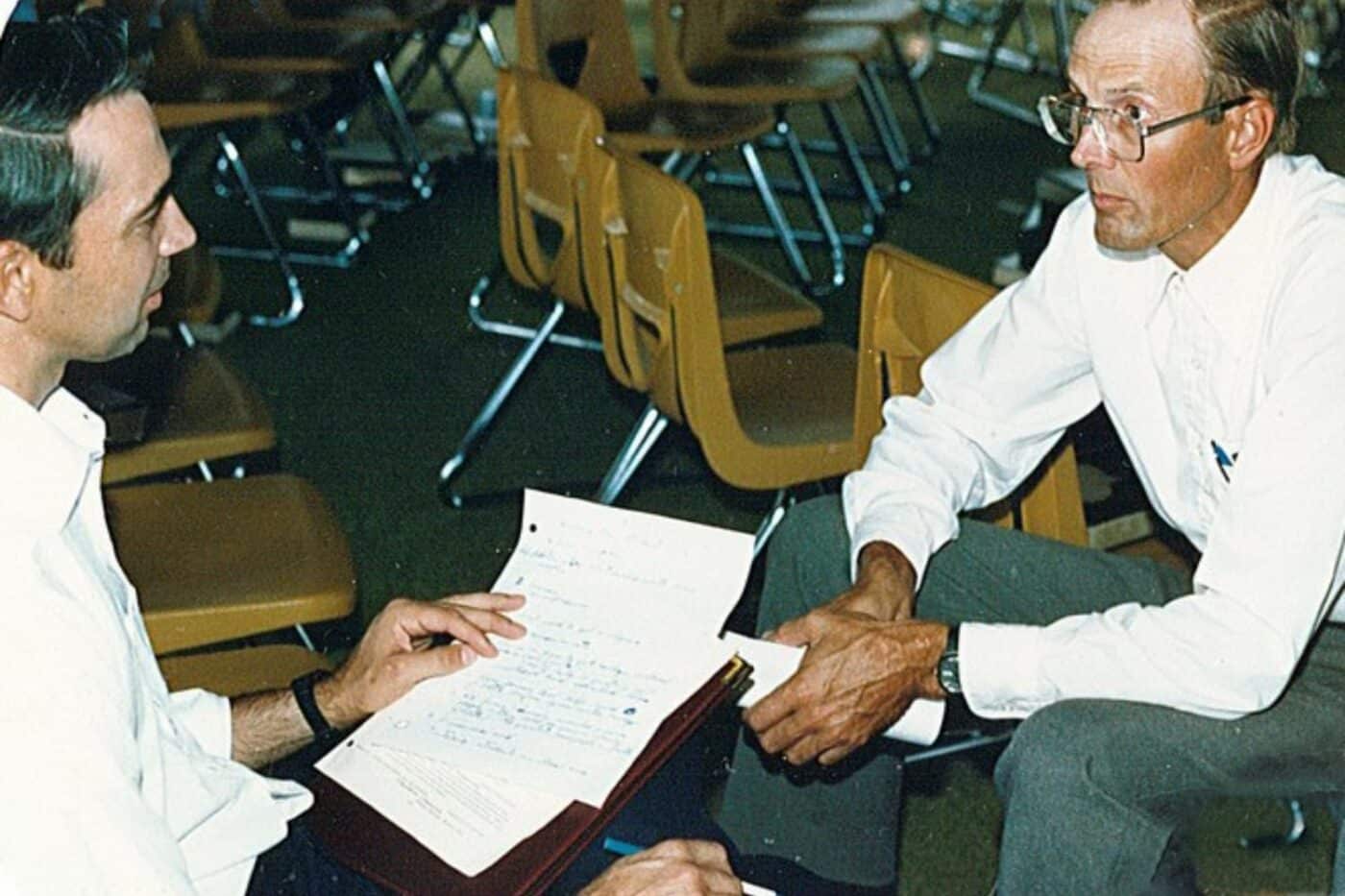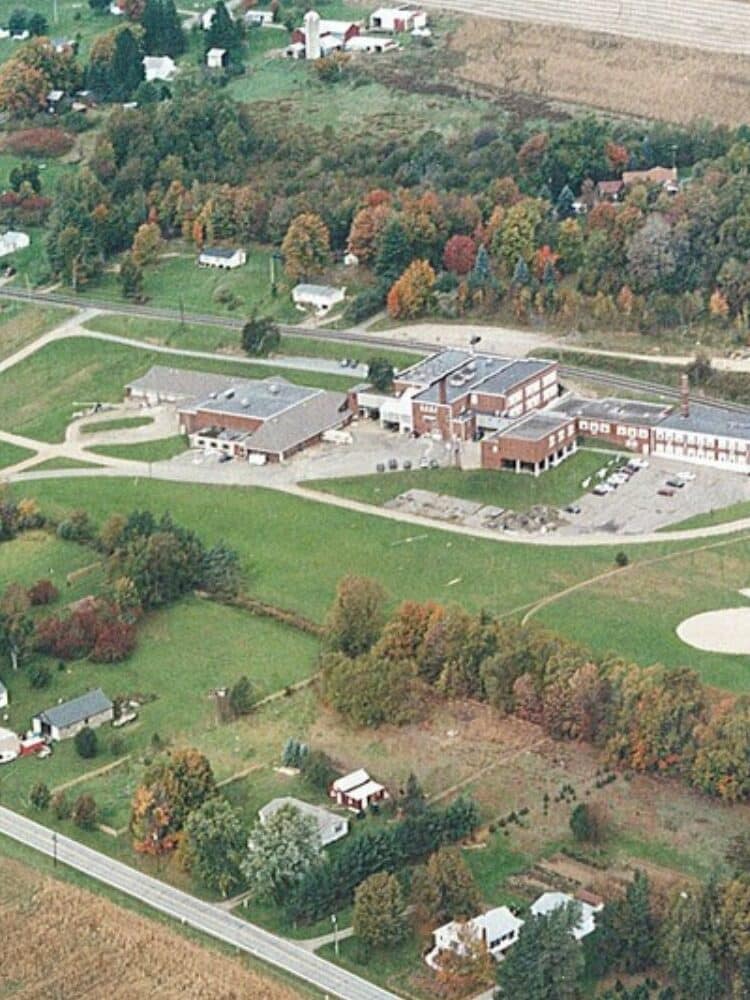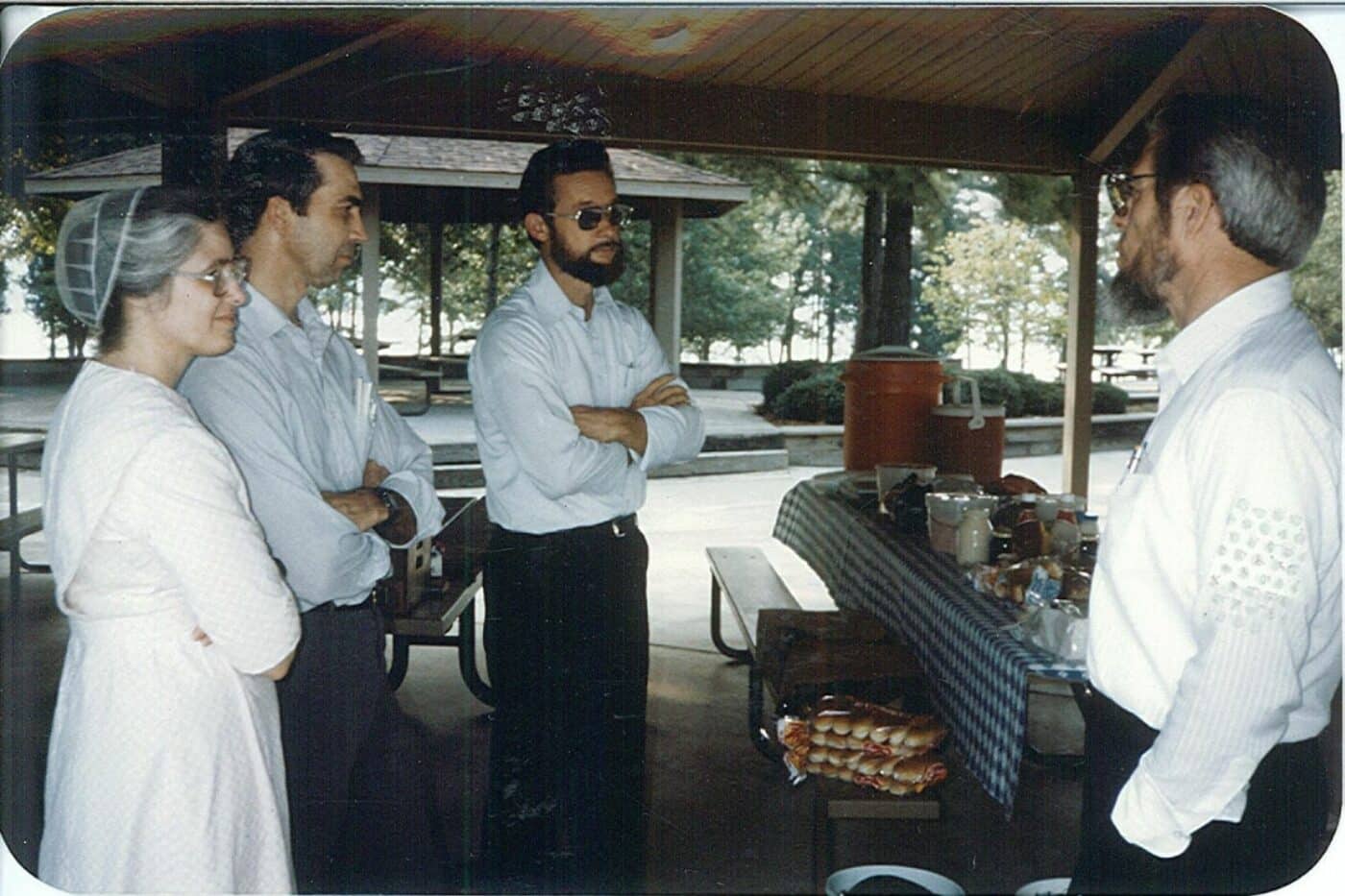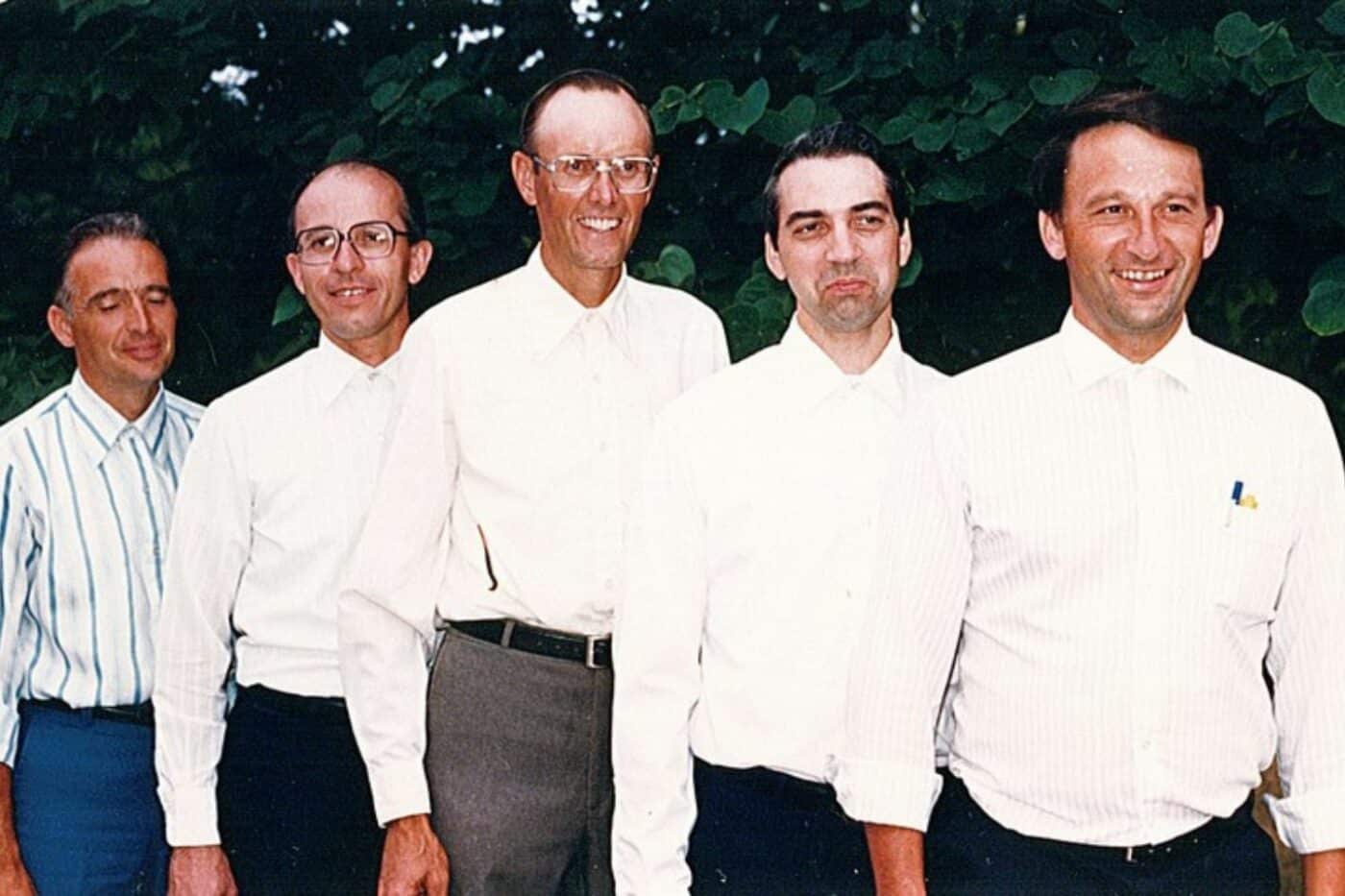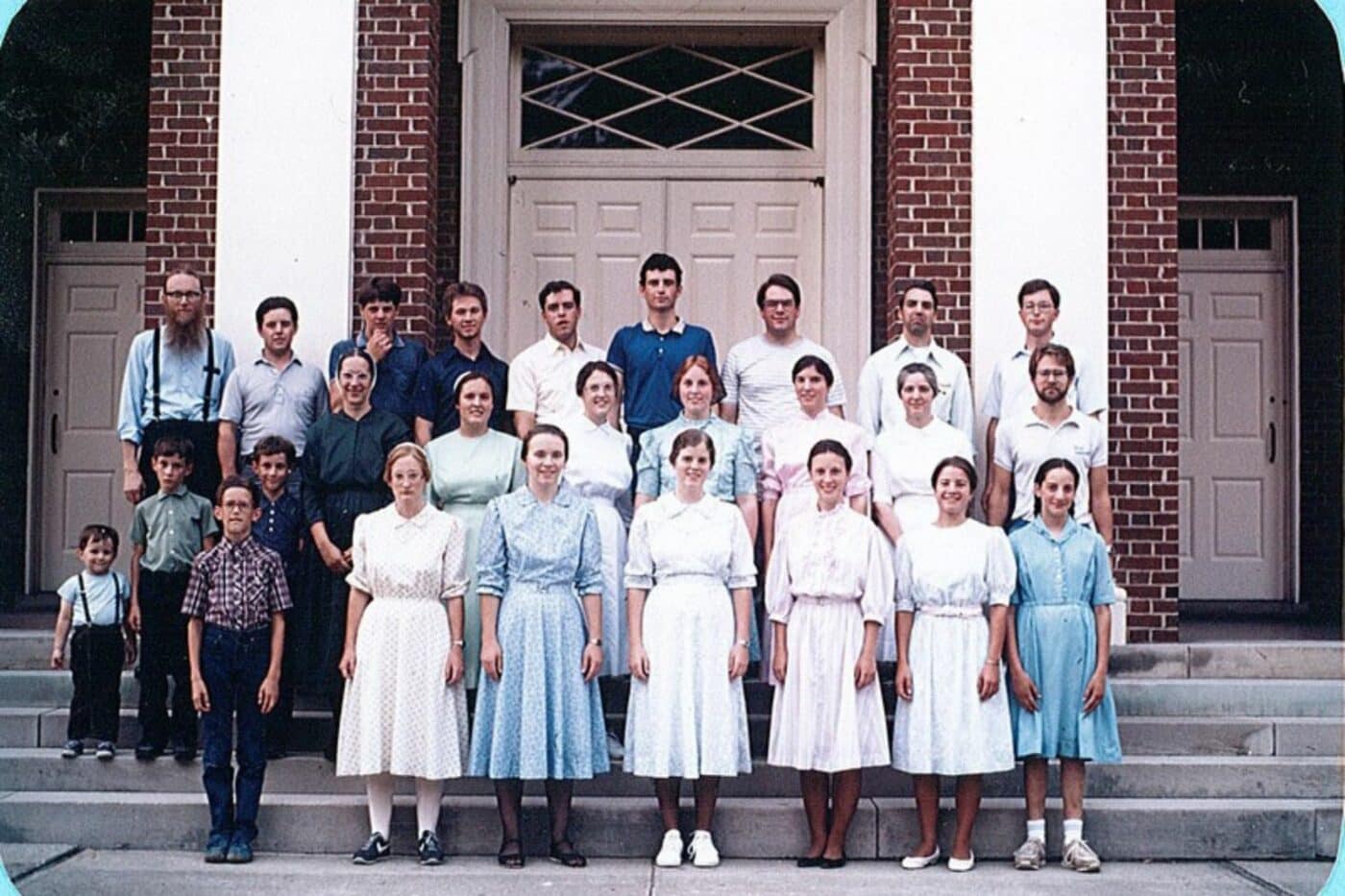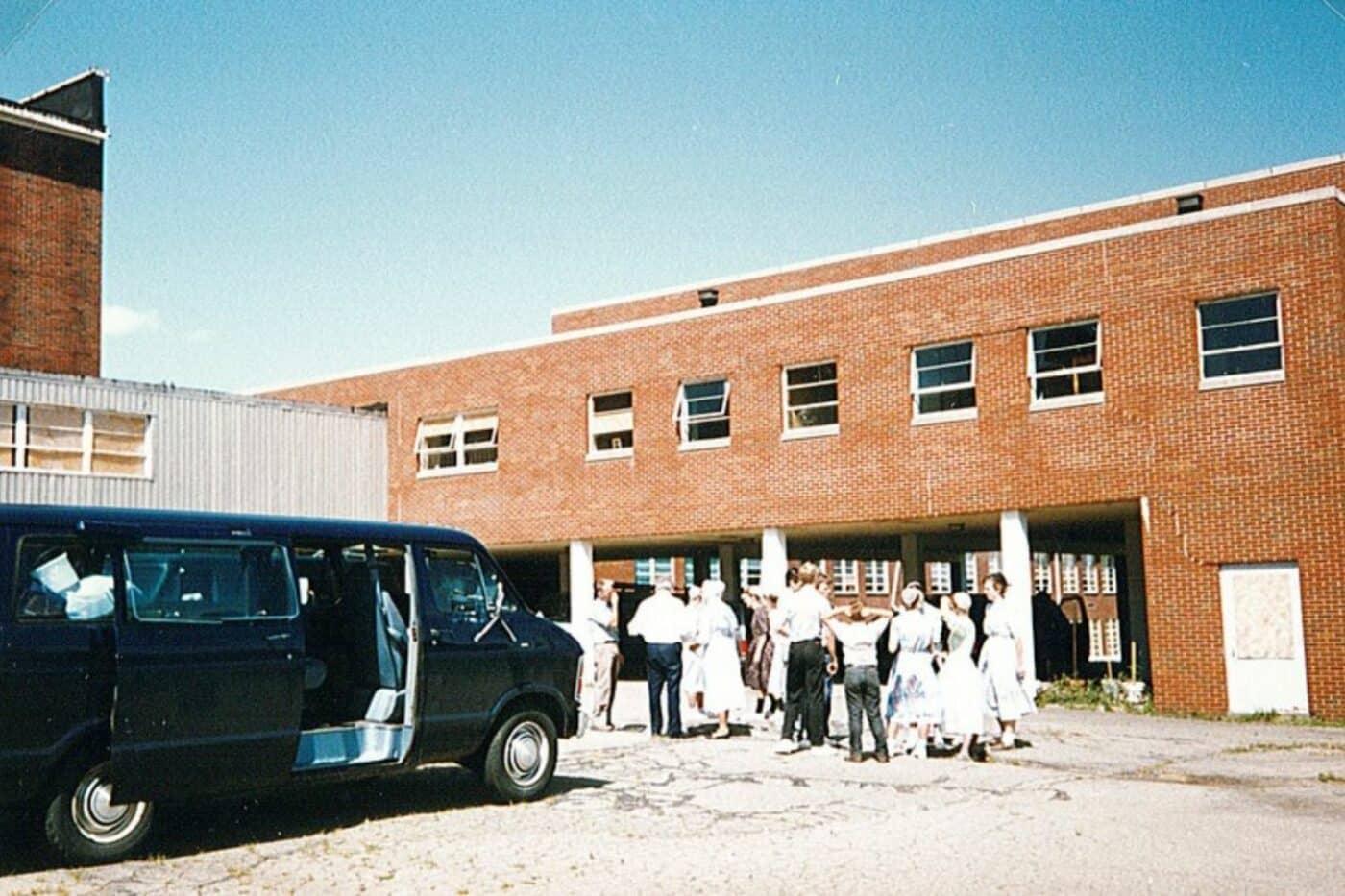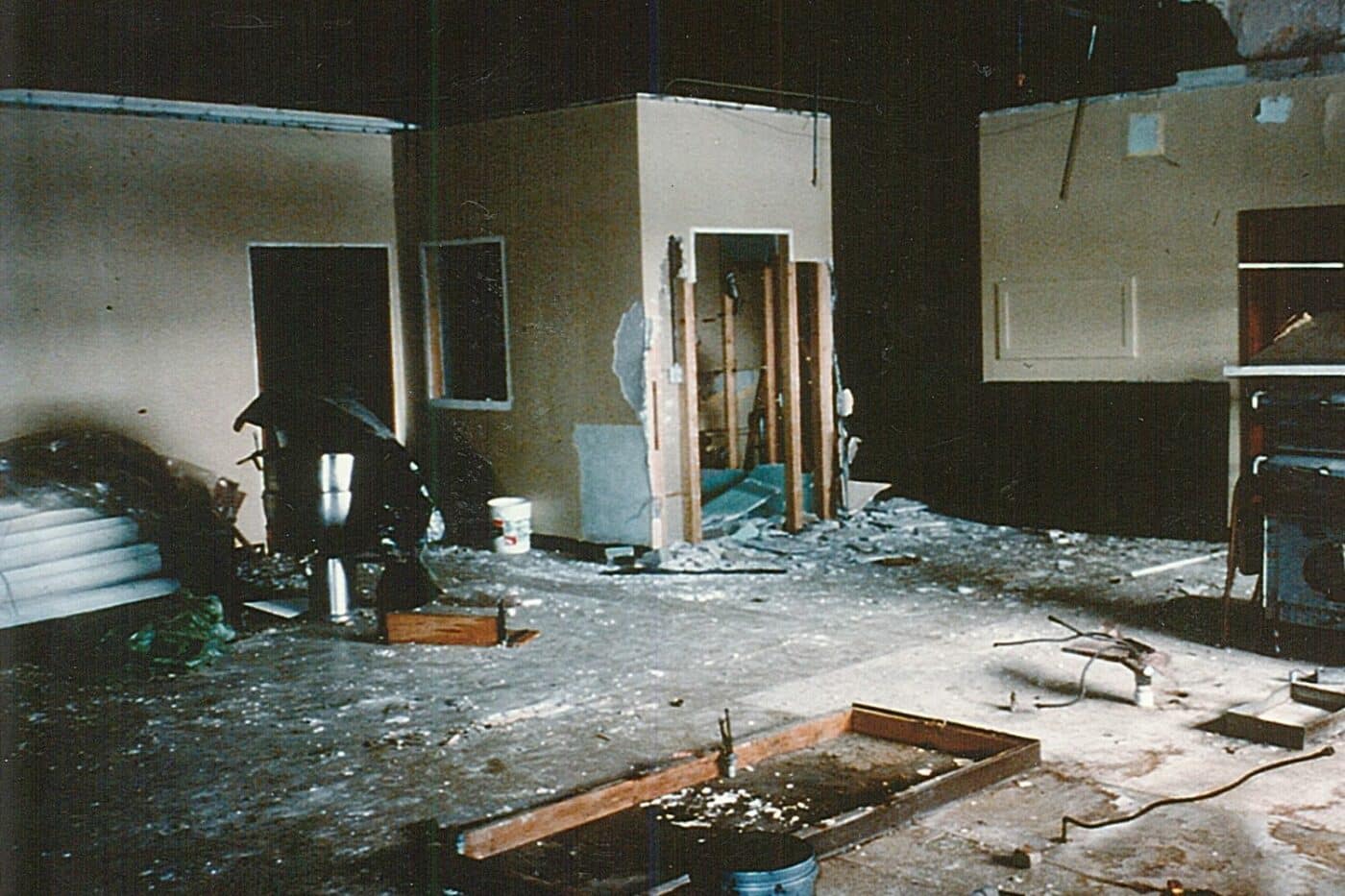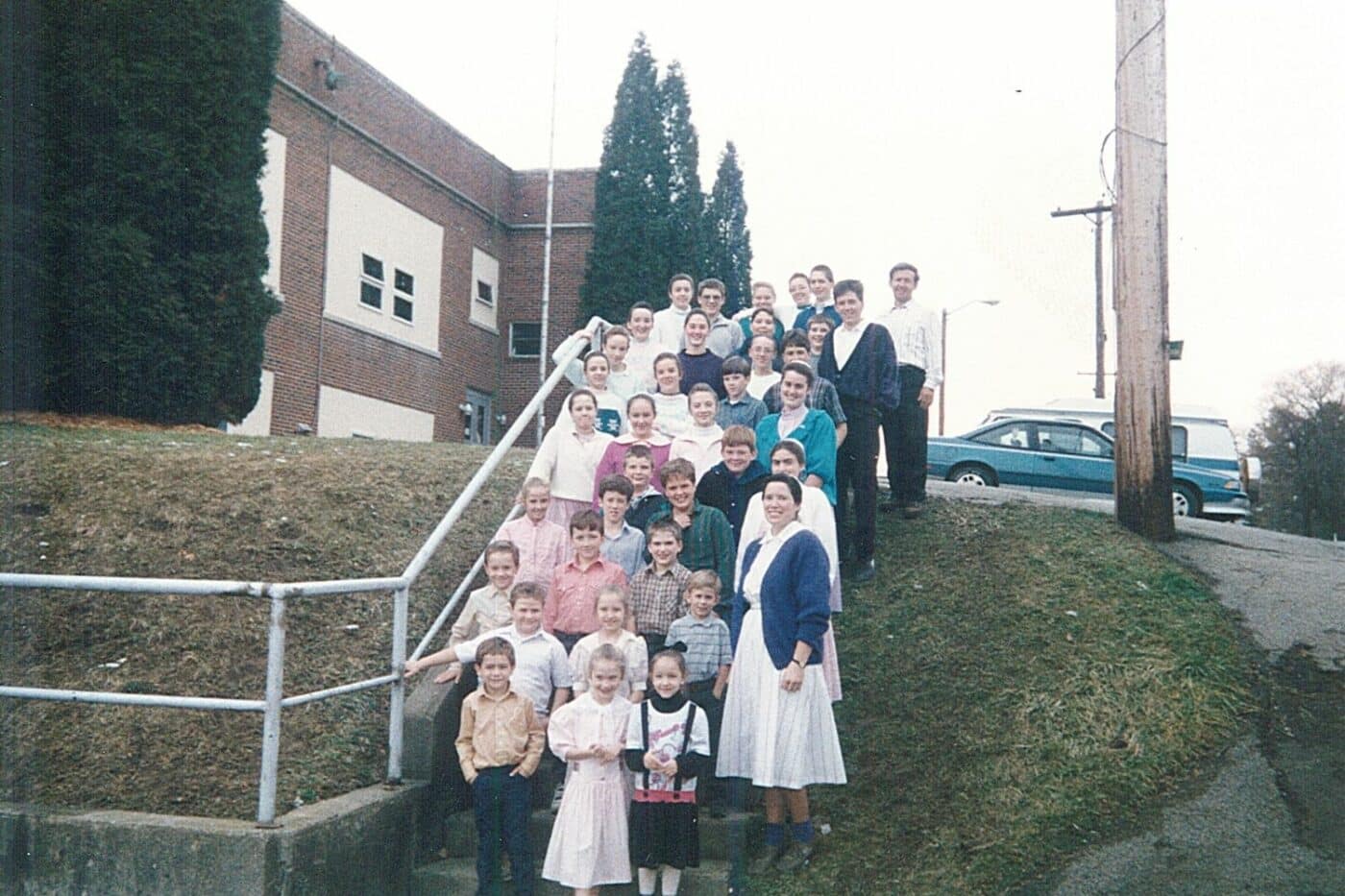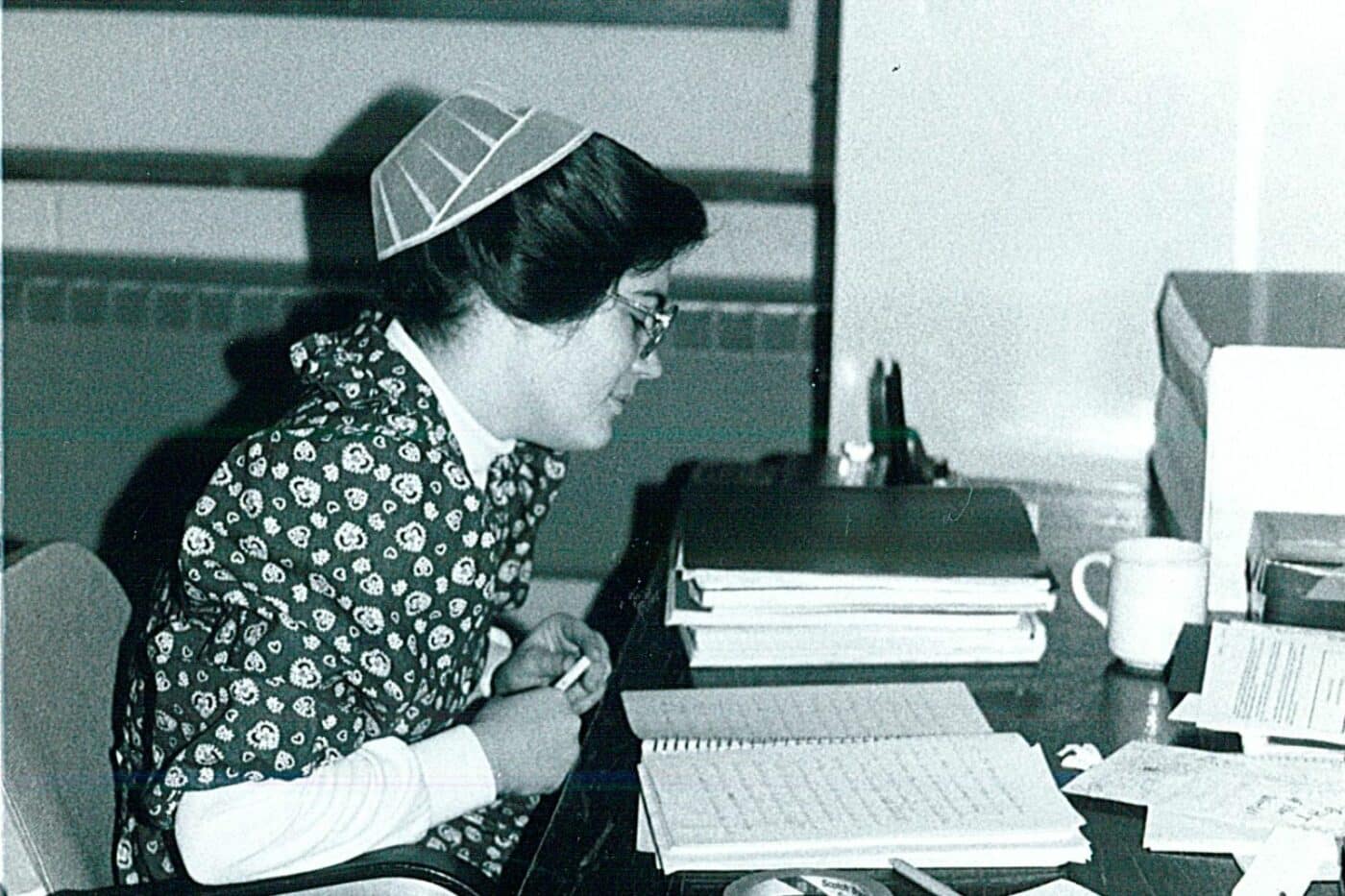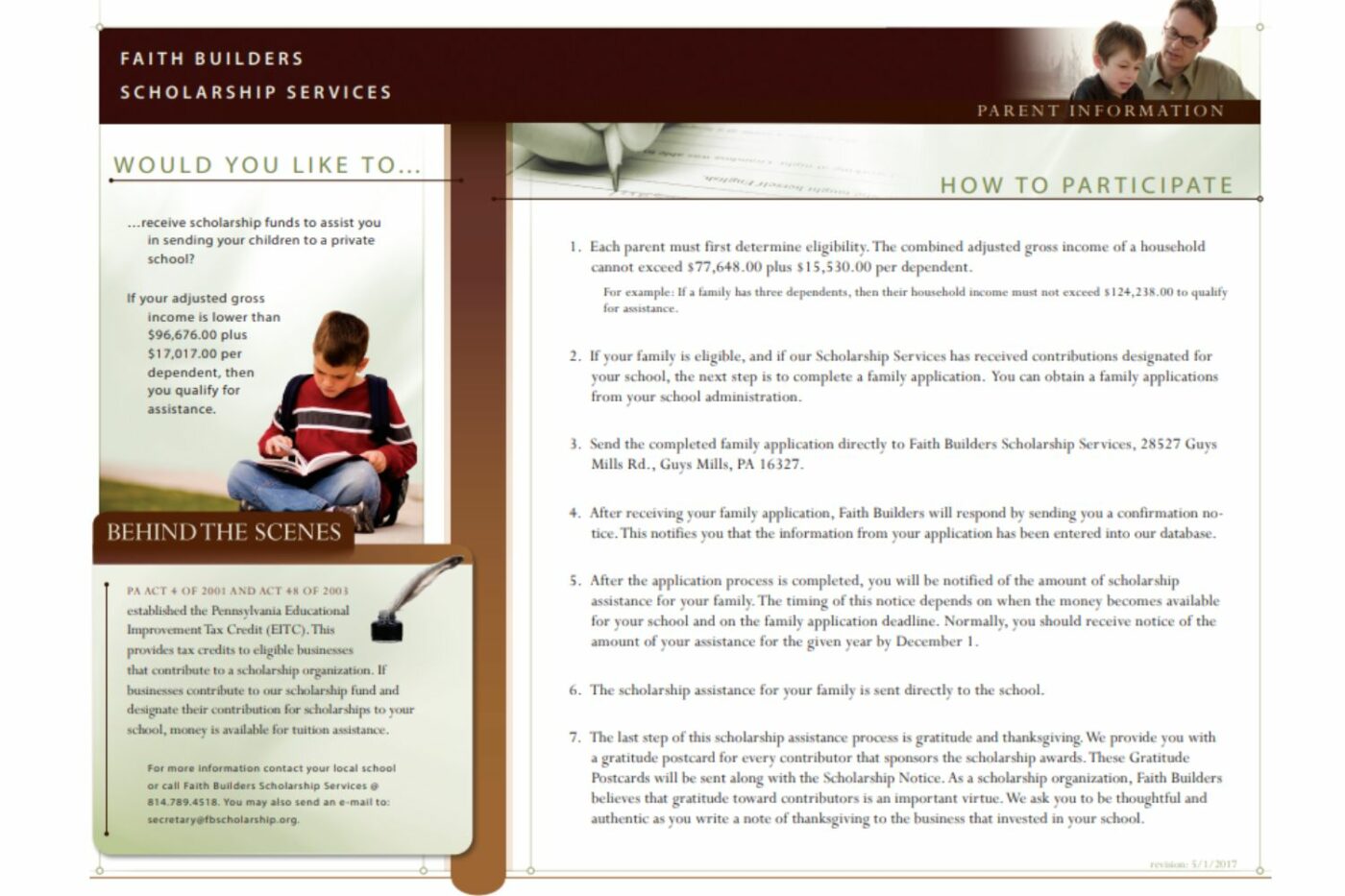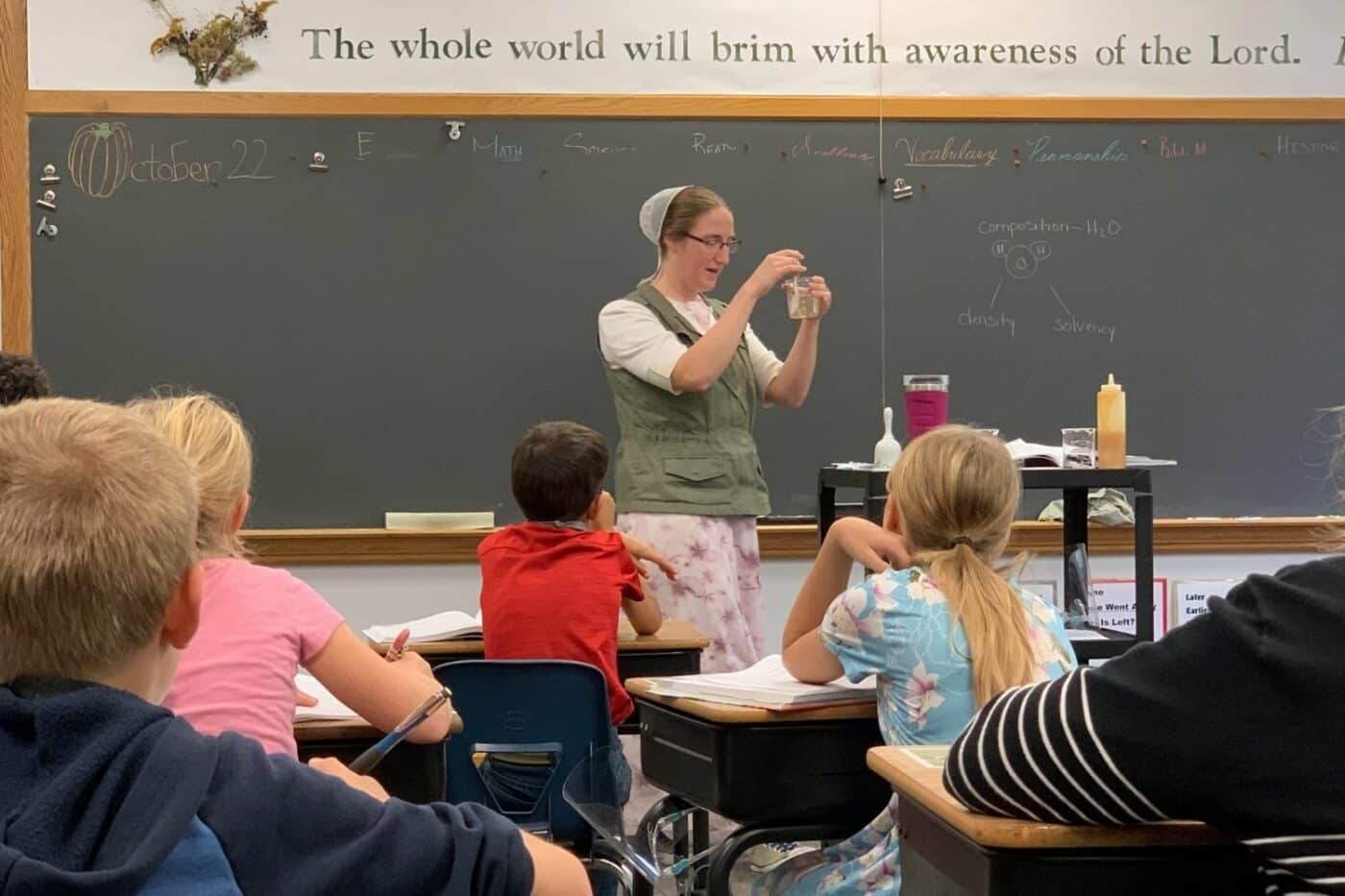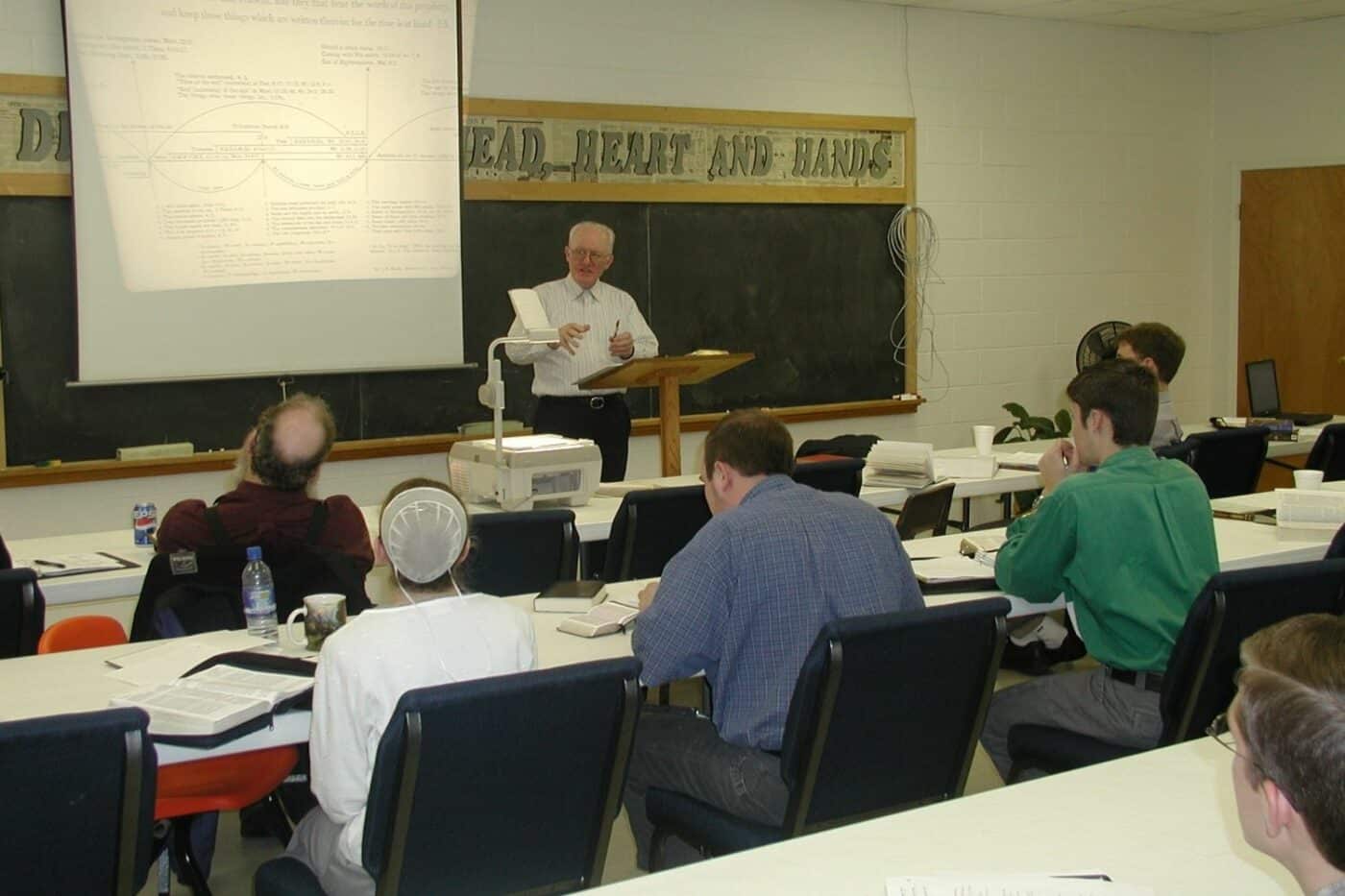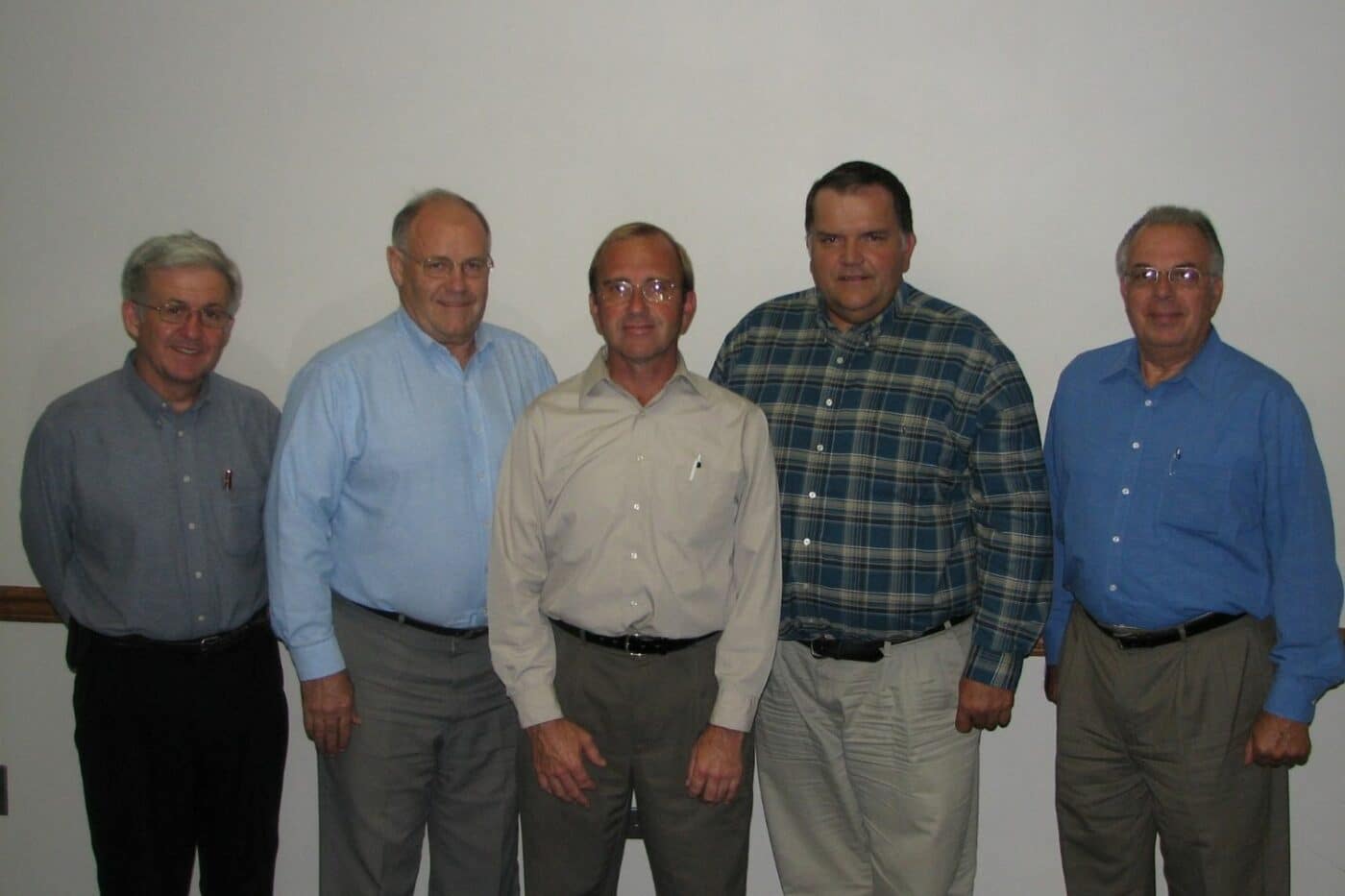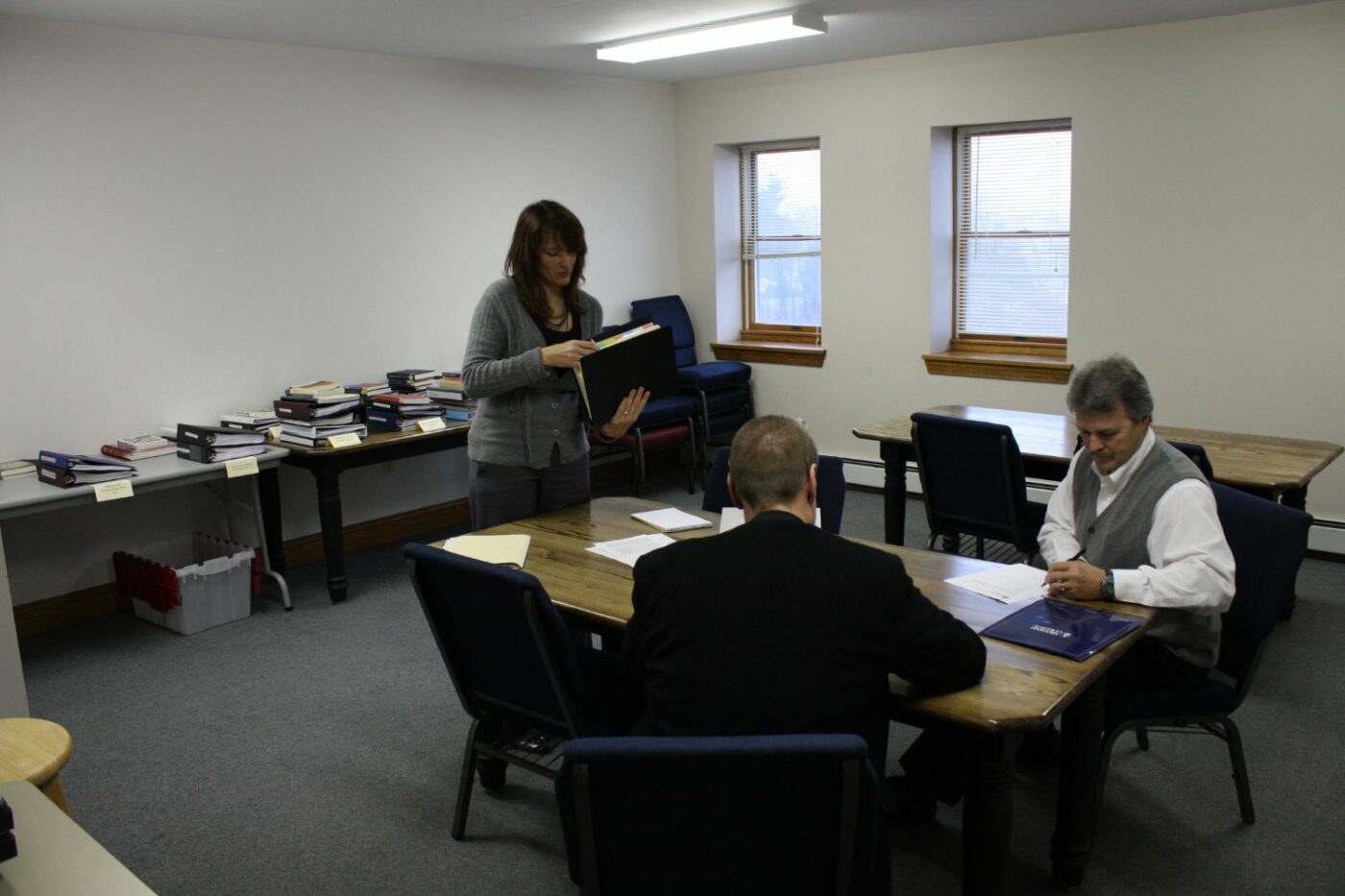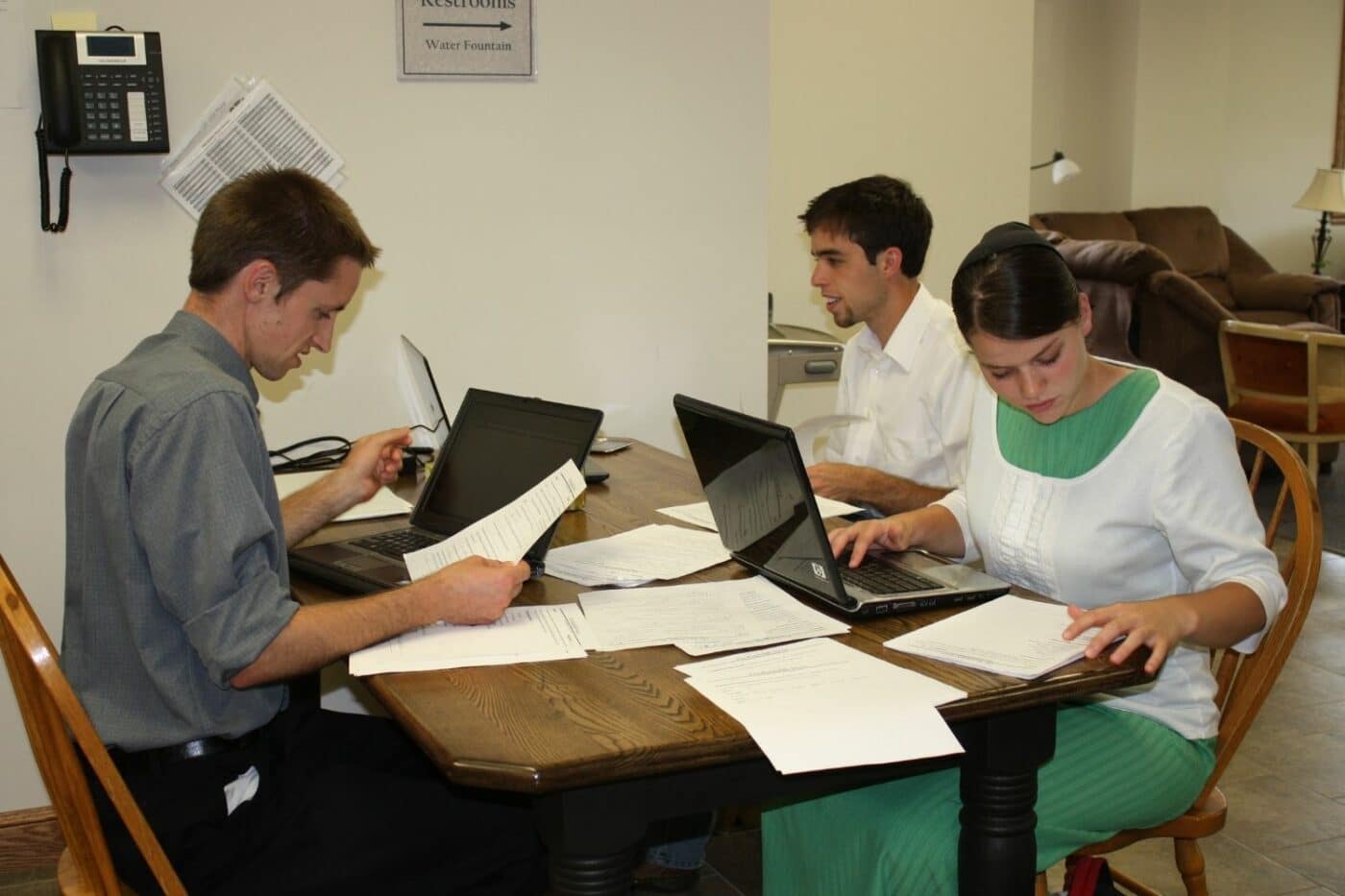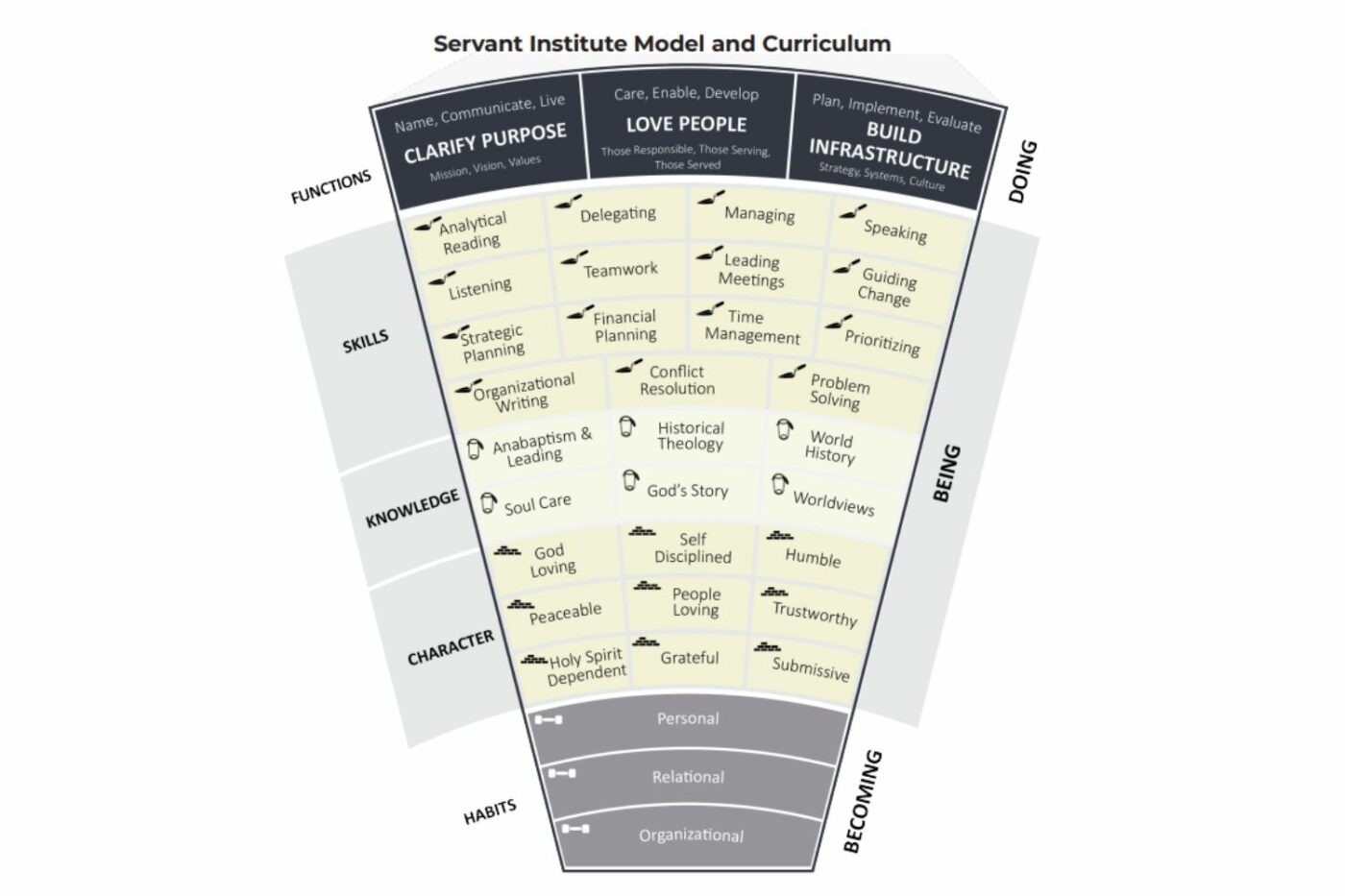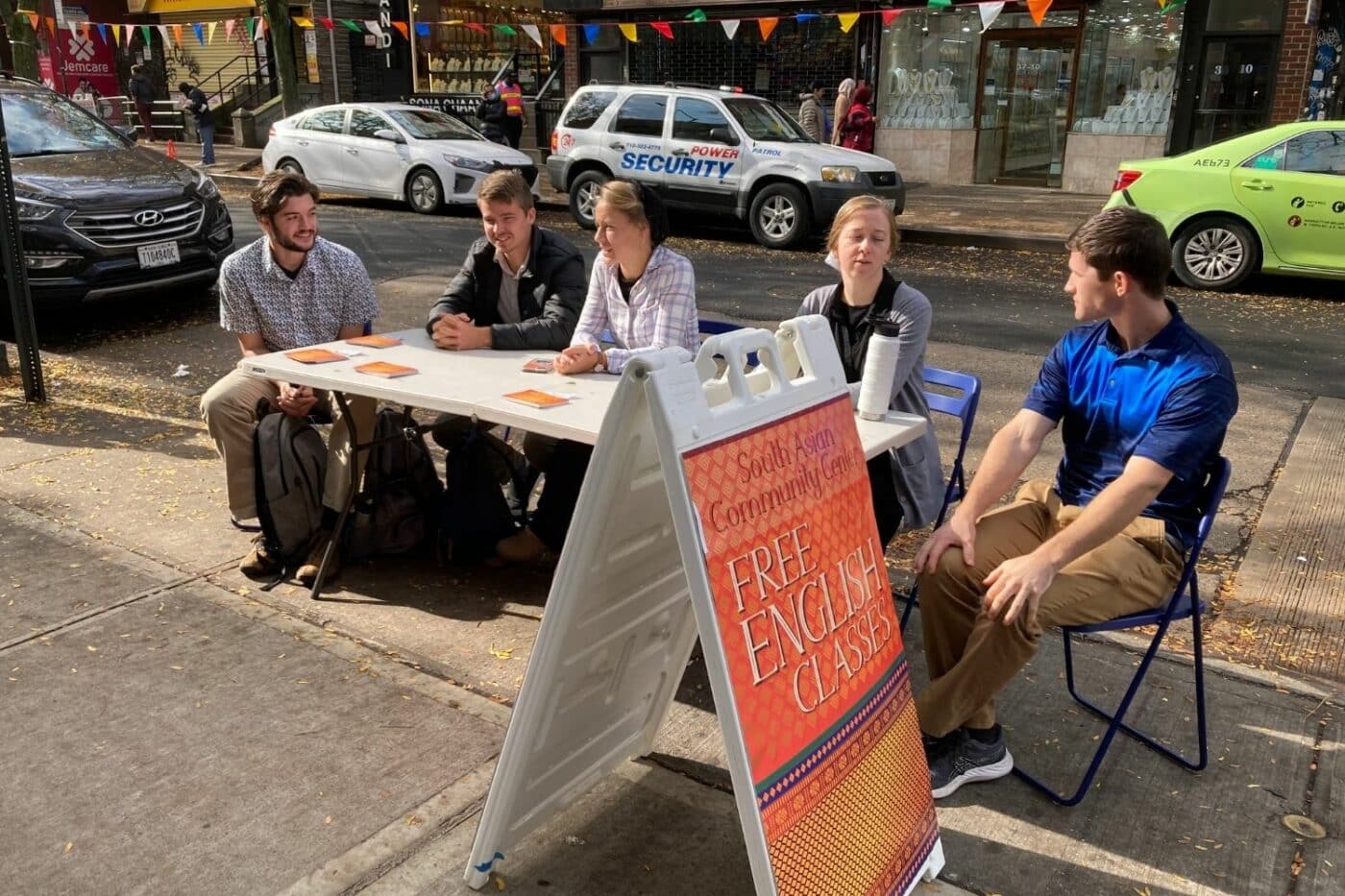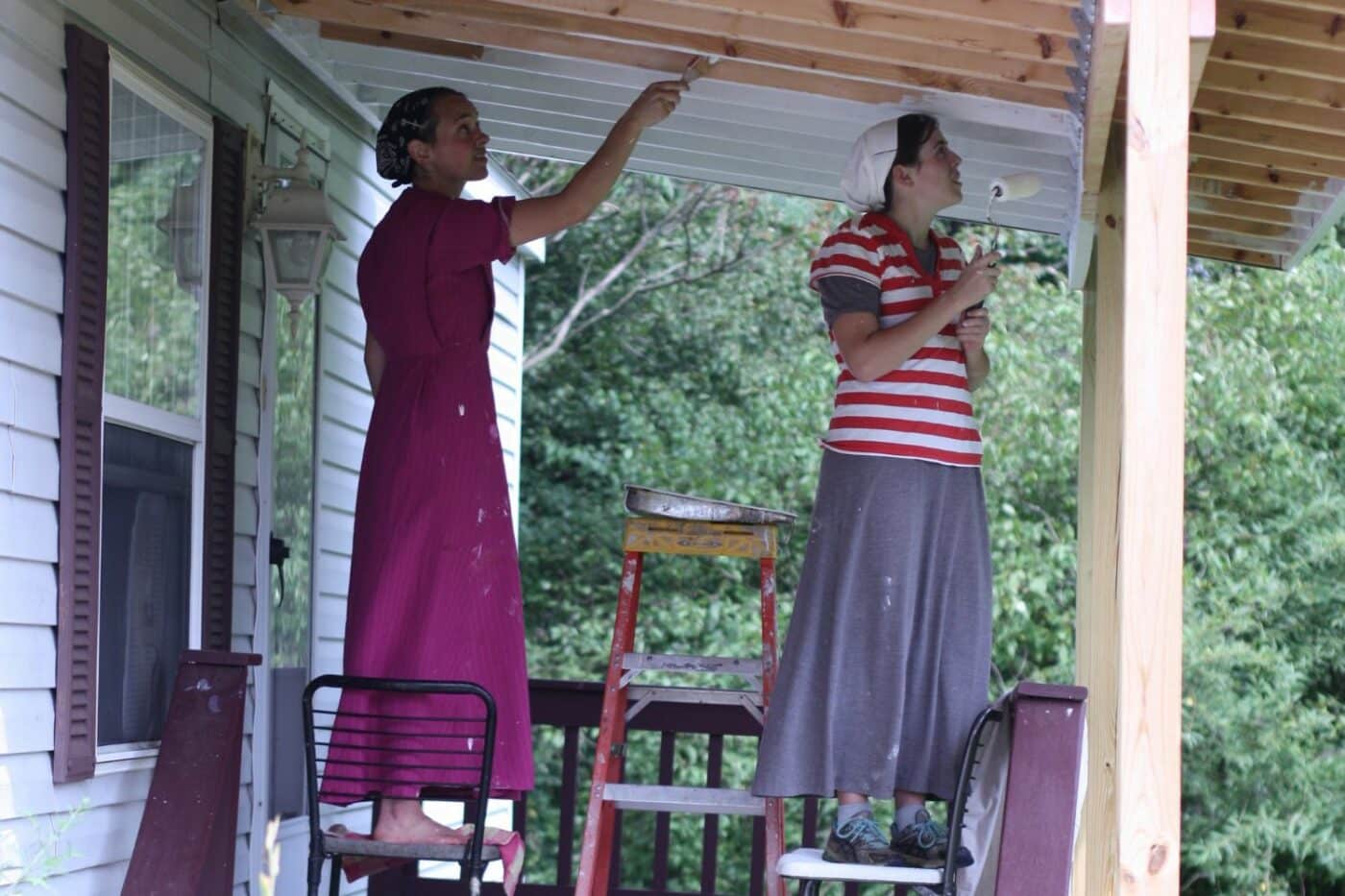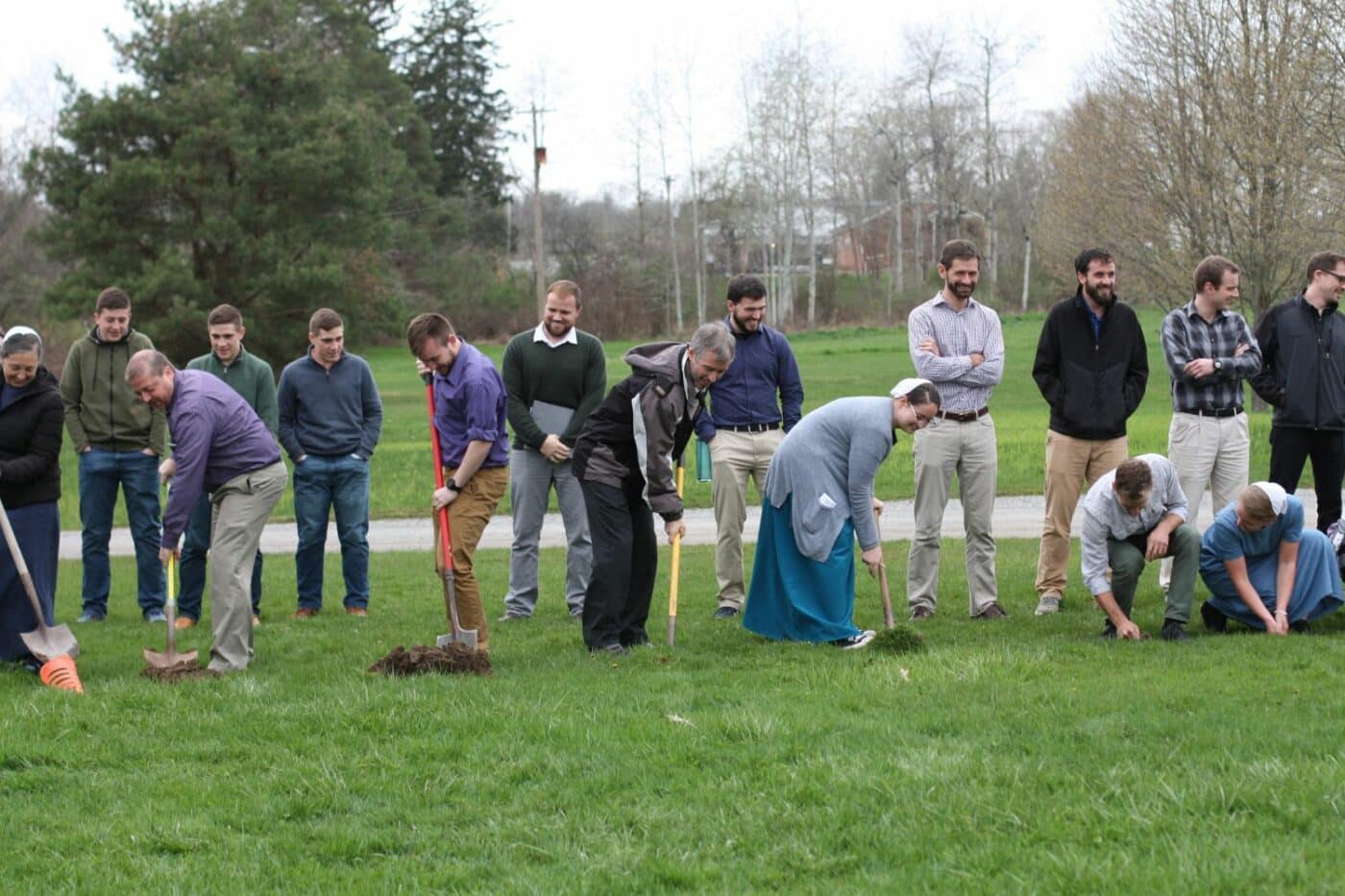1983
During 1983, this ad-hoc committee completed a document called “Proposal for a Christian College,” which proposed a four-year college with the following emphases: a work-study program that provides a tuition-free education, a teaching program that equips people to live in the community of faith after finishing school, a discipleship program that encourages people to follow Christ in life and to use their gifts to build the Kingdom of God, and an educational program that equips people to serve the church and spread the gospel. Although a year-round, on-site educational program was not developed until after facilities were purchased in 1992, many of these emphases were incorporated into the developing program. Between 1984 and 1992, the Board of Faith Builders Educational Programs (hereafter FBEP or FB) struggled to develop plans for a Christian college that a wide range of conservative Mennonites could support. Board members during this time included Dale Heisey, James Landis, Milo Zehr, Enos Heatwole, Orval Zehr, Lyle Kropf, David Weaver, Paul Miller, Vernon Mullet, Joe Schmucker, and Melvin Lehman.
